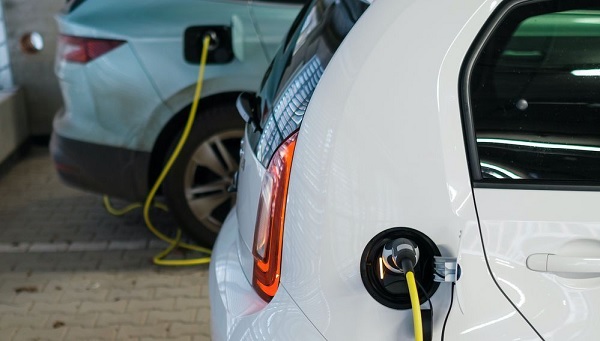
Electric cars (EVs) are often hailed as a key solution to environmental challenges, particularly in reducing greenhouse gas emissions and mitigating climate change. However, the question of whether they can truly "save" the environment is complex and multifaceted. This essay will explore the potential environmental benefits of electric vehicles, the challenges they face, and the broader context in which they operate.
Environmental Benefits of Electric Cars
One of the most significant advantages of electric cars is their potential to reduce greenhouse gas emissions. Traditional internal combustion engine (ICE) vehicles emit carbon dioxide (CO2) and other pollutants as they burn fossil fuels. In contrast, electric cars produce zero tailpipe emissions. This difference can have a substantial impact on reducing air pollution, particularly in urban areas where vehicle emissions are a major contributor to smog and poor air quality.
Moreover, the overall carbon footprint of an electric vehicle is generally lower than that of a conventional car, especially when the electricity used for charging comes from renewable sources such as wind, solar, or hydroelectric power. As countries continue to decarbonize their electricity grids, the environmental benefits of EVs are expected to increase further. In regions with a high percentage of renewable energy, driving an electric car can be nearly carbon-neutral.
Challenges and Limitations
However, the environmental benefits of electric cars are not without challenges. One significant concern is the production and disposal of EV batteries. Batteries require the extraction of raw materials like lithium, cobalt, and nickel, which can lead to environmental degradation and social issues in mining communities. The manufacturing process of batteries is also energy-intensive, leading to higher emissions compared to producing a conventional car. However, studies suggest that over the lifetime of the vehicle, these initial emissions are outweighed by the reduced emissions during the use phase.
Another challenge is the source of the electricity used to charge electric vehicles. In regions where electricity is primarily generated from fossil fuels, the environmental benefits of EVs are less pronounced. For example, in areas where coal is the dominant source of electricity, the overall reduction in emissions from using an electric car may be modest. However, as more renewable energy is integrated into power grids, the environmental advantages of EVs will become more significant.
Additionally, the disposal and recycling of EV batteries pose environmental concerns. While the industry is making strides in battery recycling technologies, it is not yet widespread. Improper disposal of batteries can lead to soil and water contamination, negating some of the environmental benefits of electric vehicles.
The Bigger Picture: Systemic Changes Needed
While electric cars can contribute to reducing environmental impact, they are not a standalone solution. A broader shift in how we produce and consume energy is essential. This includes increasing the use of renewable energy sources, improving energy efficiency, and developing sustainable practices for resource extraction and recycling. Moreover, addressing the environmental impact of transportation also requires investment in public transit, cycling infrastructure, and urban planning that reduces the need for car travel altogether.
Electric cars offer significant potential to reduce greenhouse gas emissions and improve air quality, especially as the electricity grid becomes greener and battery technologies improve. However, they are not a panacea for environmental issues. The true environmental benefit of electric vehicles depends on a variety of factors, including the source of electricity, the sustainability of battery production, and broader systemic changes in energy production and consumption. While electric cars are a crucial piece of the puzzle, saving the environment will require comprehensive efforts across multiple sectors.
